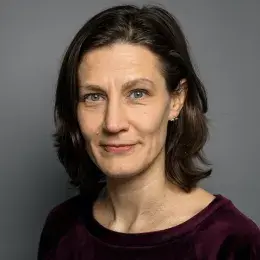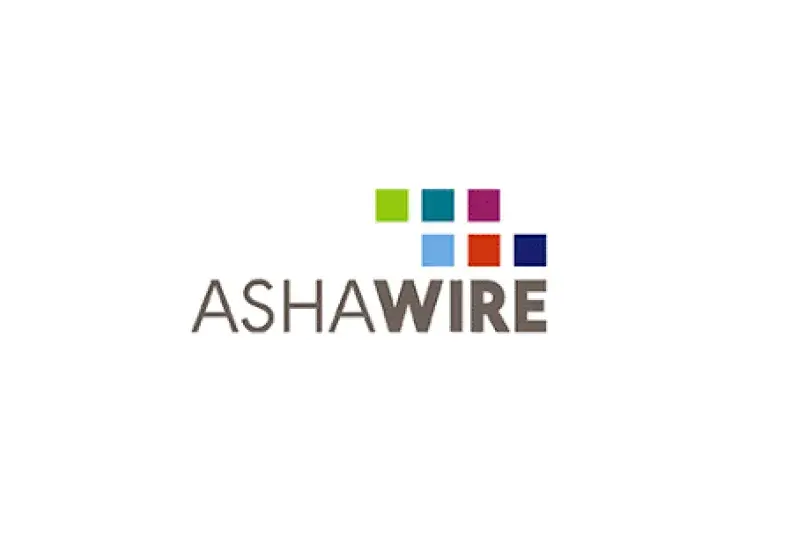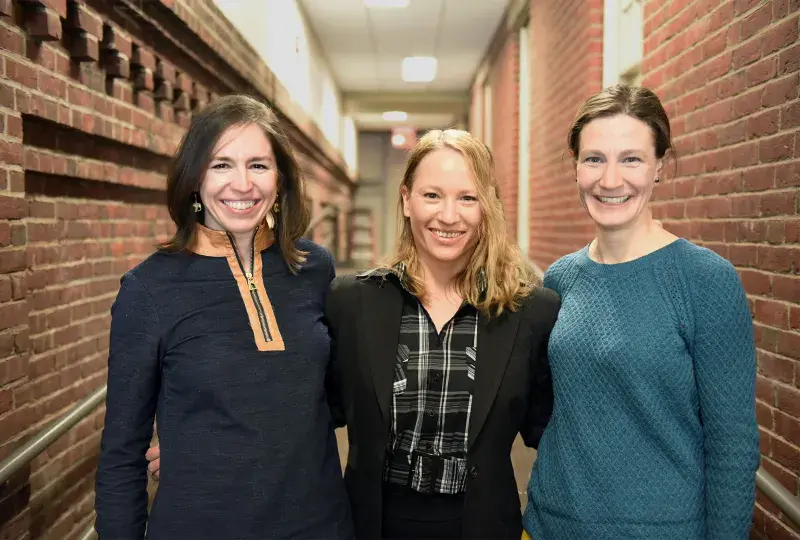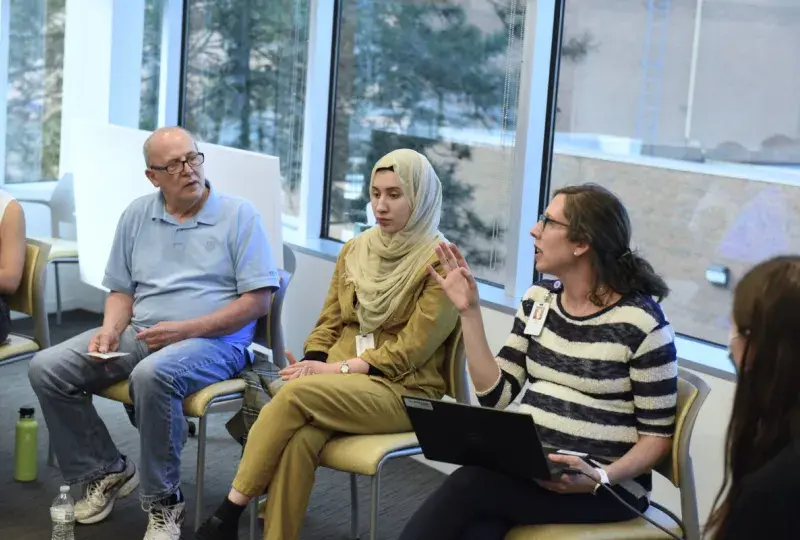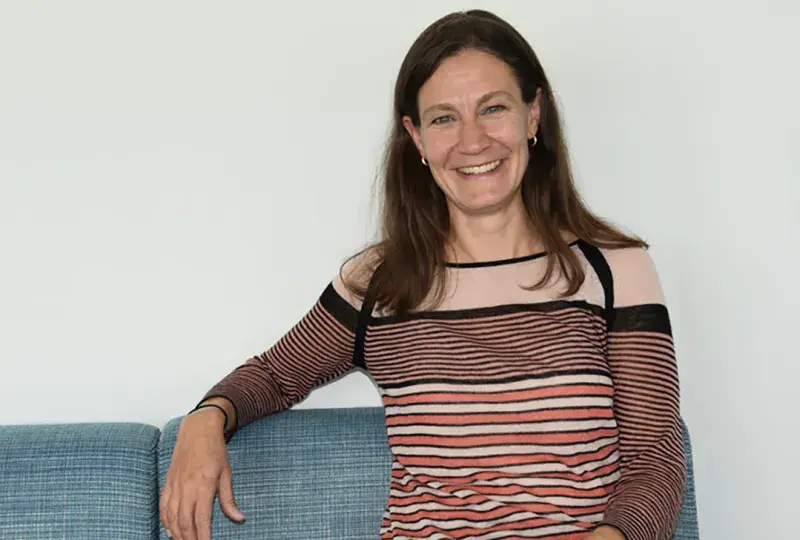
Lauryn Zipse, PhD, CCC-SLP, is an Associate Professor in the Department of Communication Sciences and Disorders in the School of Health and Rehabilitation Sciences. She is also Co-Director of the Cognitive Neuroscience Group, a collaborative research group that uses behavioral and neuroscience methods to study relationships among learning, language ability, and cognitive factors.
Dr. Zipse specializes in adult neurogenic communication disorders, particularly aphasia and apraxia of speech (AOS). Her research addresses the music-based ingredients of aphasia treatments, speech prosody, and cognitive assessment. She is a committed teacher and research mentor. She coordinates the master’s thesis program in the Department of Communication Sciences and Disorders, and mentors both undergraduate and graduate students in her lab.
- AB, Dartmouth College
- PhD, Harvard-MIT Division of Health Sciences and Technology
Dr. Zipse’s research interests concern cognitive and language deficits due to stroke and other brain injury in adults. Her work addresses the prosodic and rhythmic processing abilities involved in speech planning, the degree to which these abilities may be preserved in aphasia, and how they may be used in speech and language therapy. In addition, she studies nonverbal cognitive disorders in adults who have experienced brain injury.
Current projects address the following questions:
- Which aspects of music-based therapies for aphasia are particularly beneficial?
- How do people with speech and language disorders after stroke use auditory feedback to monitor their own speech?
- What prosodic abilities are retained by people with agrammatic aphasia?
- How is cognition most commonly evaluated in people who have had a stroke, and are these assessments appropriate for people with aphasia?
Dr. Zipse has published numerous papers - some titles are highlighted below. You can view a complete listing of Dr. Zipse's publications on ResearchGate or in her CV
Mapping meta-therapy onto the treatment of cognitive-communication and language disorders in adults.
Tap your hand if you feel the beat: differential effects of tapping in melodic intonation therapy.
Speak along without the song: What promotes fluency in people with aphasia?
Tapped out: Do people with aphasia have rhythmic processing deficits?
In addition, Dr. Zipse regularly presents at conferences and industry events. Please see her CV for a complete list of presentations.
The effect of prosodic structure on speech production in people with aphasia: A pilot investigation at the Clinical Aphasiology Conference.
Effects of unison production on sound distortions in people with aphasia at the ASHA Convention.
Understanding event processing in people with aphasia at the ASHA Convention.
How does feedback processing affect learning in people with traumatic brain injury? at the annual meeting of the Cognitive Neuroscience Society.
Speaking together: Metrical vs. conversational speech in people with aphasia at the ASHA Convention.

